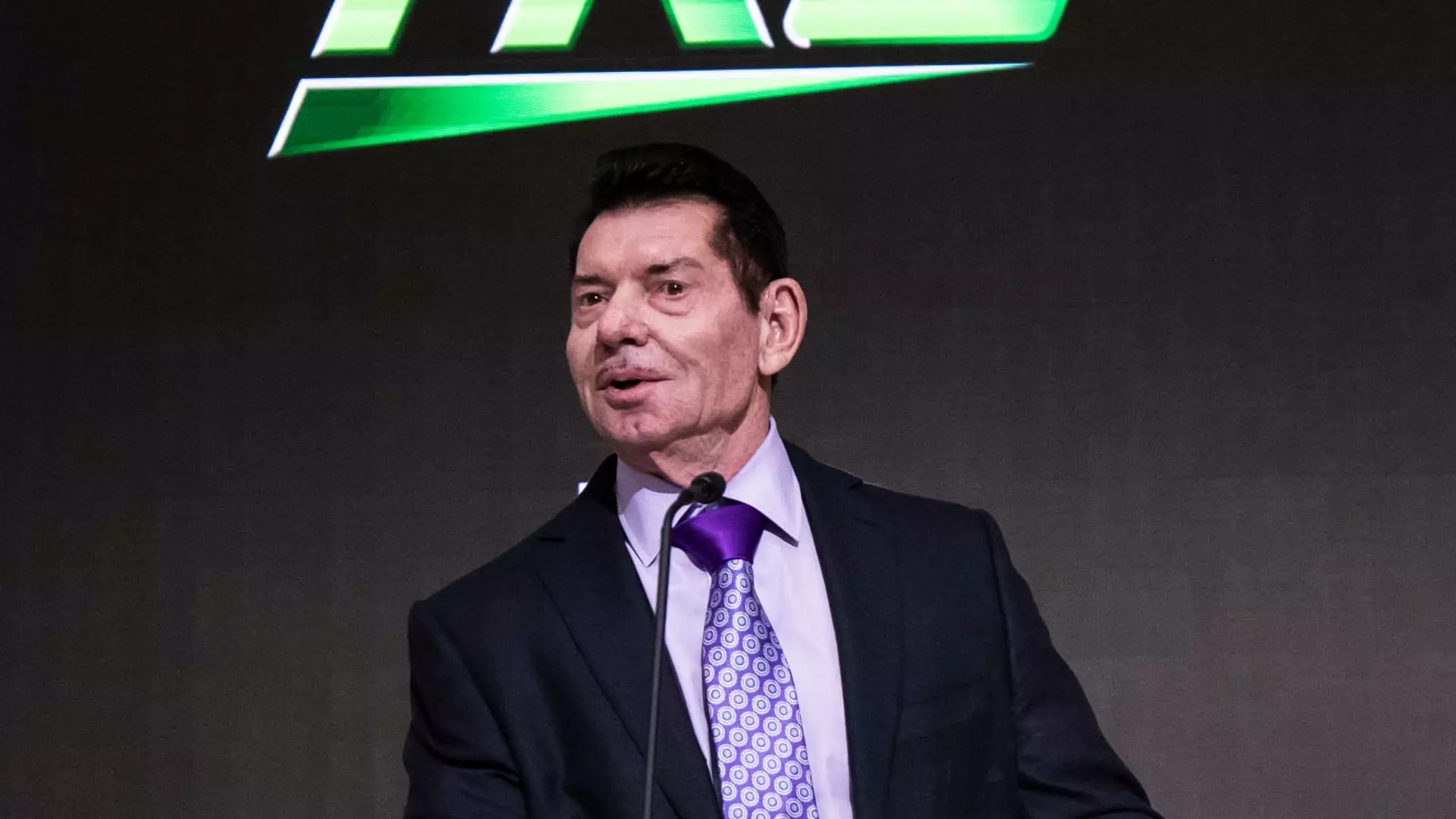In a significant and revealing case, Vince McMahon, the former CEO of World Wrestling Entertainment (WWE), faces serious allegations from the Securities and Exchange Commission (SEC). The SEC has charged McMahon with violating federal securities laws based on his failure to inform WWE’s board of directors about settlement agreements totaling $10.5 million. This case represents not only an intriguing chapter in corporate governance but also prompts questions regarding accountability, ethical conduct, and transparency in high-stakes business.
The SEC’s investigation has disclosed that McMahon reached these financial settlements on behalf of himself and WWE with two women. These agreements were purportedly intended to silence allegations related to personal misconduct. Such actions suggest a concerning lack of transparency within one of the largest entertainment companies globally, particularly by someone in a leadership role. McMahon’s failure to disclose these agreements to WWE’s board, legal department, or auditors was deemed to be an egregious breach of the company’s internal accounting controls.
Furthermore, the SEC highlighted that McMahon’s actions led to significant distortions in WWE’s financial statements for both 2018 and 2021. The fallout from these misstatements included an overstatement of WWE’s income: an estimated 8% for 2018 and about 1.7% for 2021. The gravity of these figures illustrates the potential severity of McMahon’s missteps in the context of securities regulation and corporate integrity.
As a result of the investigation, McMahon has agreed to settle the charges by paying a civil penalty of $400,000 and reimbursing WWE a sum of $1.33 million. The financial implications serve as significant reminders of the responsibilities that come with leading a public company. These penalties are not just a reflection of accountability but also a deterrent against unethical practices in corporate America.
Additionally, the SEC’s findings revealed that McMahon received incentive-based compensation and profits from the sale of WWE shares during the timeframe when the affected financial statements were filed. This further complicates the scenario, as it highlights potential conflicts of interest and a pervasive culture that may have allowed such behaviors to occur unchecked.
Following the SEC’s announcement, McMahon publicly expressed relief, claiming that the case overall had been inflated and mischaracterized. He categorized the outcomes of the investigation as involving “minor accounting errors” rather than significant misconduct. This narrative, however, raises concerns about the genuine understanding of ethical responsibilities among corporate leaders.
The dismissal of the situation as merely a minor issue is troubling. In an era where ethical lapses in corporate governance have significant repercussions, such statements may undermine trust in leadership. McMahon’s downplaying of the allegations stands in stark contrast to the SEC’s comprehensive findings and could reflect a broader culture of impunity that allows high-profile figures to deflect accountability for serious infractions.
This unfolding scenario emphasizes the crucial need for robust corporate governance mechanisms. Public companies must prioritize transparency and ethical standards to protect investors and maintain corporate integrity. It is essential for boards of directors to exercise diligent oversight and ensure that leadership is held accountable for their actions, particularly when those actions may influence financial reporting and company operations.
As WWE’s parent company moves forward with the merger with Endeavor Group Holdings, the developments surrounding McMahon’s case serve as a critical lesson in the importance of ethical conduct and accountability within corporate structures.
Vince McMahon’s charges echo a broader sentiment about the need for heightened accountability in corporate governance. As such cases continue to unveil the complexities and challenges of leadership, it is imperative for stakeholders within public companies to foster an environment rooted in transparency and ethical practices. Ultimately, the resolution of this situation should serve to reinforce the importance of integrity within corporate frameworks, ensuring that similar infractions do not recur in the future. Potential investors and the public at large should remain vigilant and demand clarity and ethics from those at the helm of major corporations.

